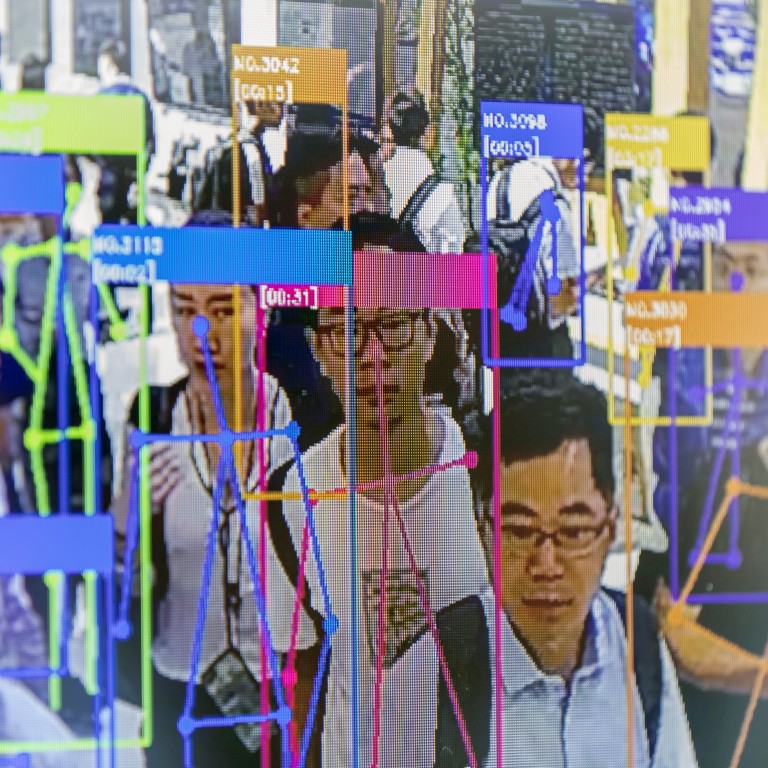
China is using social credit apps to ‘gamify government’
Through blacklists and awarding points, China's social credit system is an experiment in social engineering
Imagine you're boarding an airplane only to find an incredibly rude person sitting in your seat, refusing to move. Not even pleas from a flight attendant can get the person to budge.
In a perfect world, you might think, this person would be banned from ever flying again. Well, that might actually be possible… in China.
Chengxin Chunyun, an app made by local government agencies, allows users to take photos of unruly train and plane passengers and upload them to the platform along with a description of the offenses. These could include cutting in line, smoking and fighting. In theory, once an incident has been verified, the annoying passenger could be banned from taking a flight in the future.
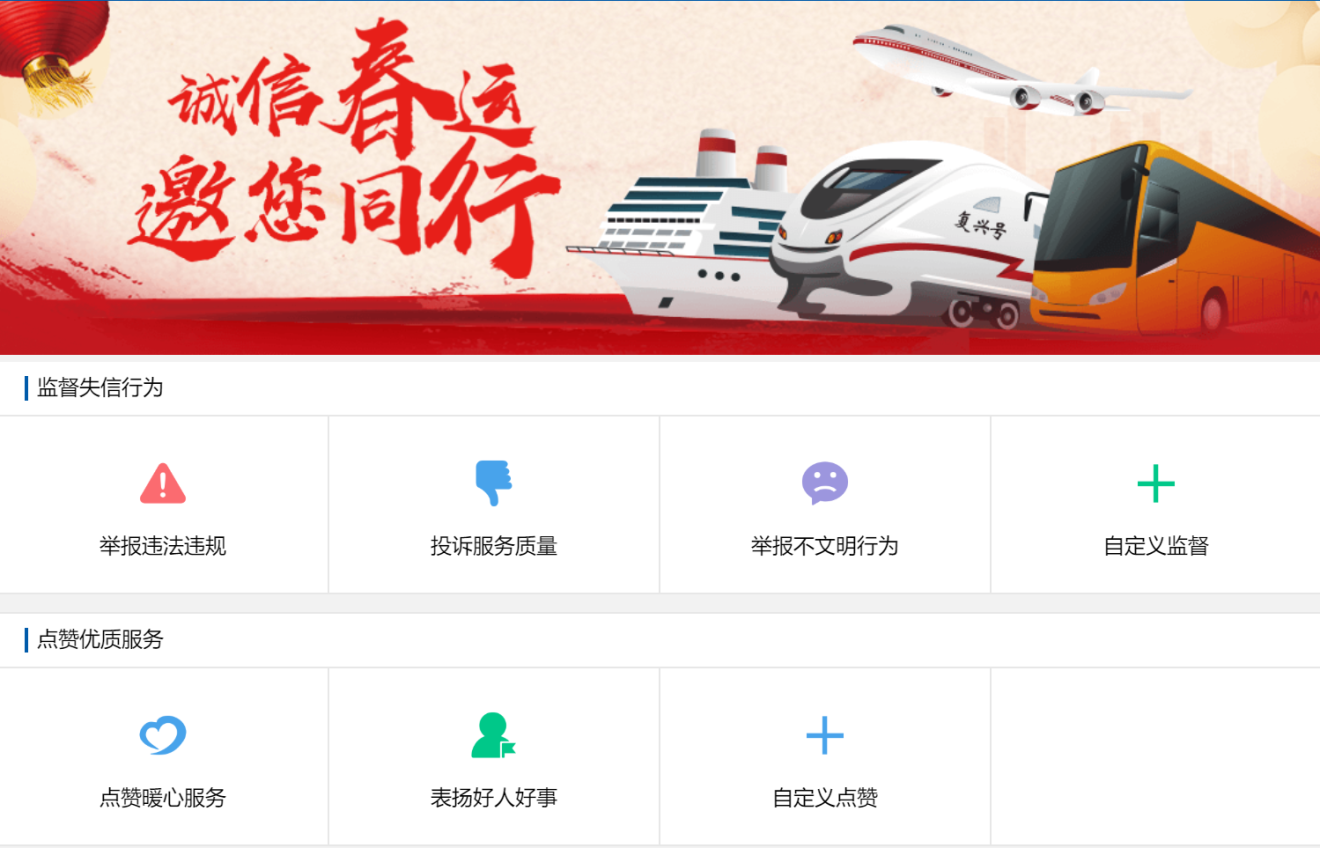
Social credit as it exists today is actually made up of many different systems, and its goals are often more mundane than enabling digital authoritarianism.
The system might be best described as a database that gathers information on citizens and companies, according to Kendra Schaefer, head of digital research at Trivium China, a Beijing-based China policy analysis firm.
However, parts of it wade into the delicate territory of tech-powered social engineering. Various systems work differently, but many aim to reward the "good" and punish the "bad," sometimes by awarding points.
More often, however, it’s done by naming and shaming blacklisted individuals, especially those who fail to comply with court orders. And this is where applications of social credit start to become more Orwellian and the ethics get fuzzy, according to Trivium's research.
“Worse” than prison: Life as a “deadbeat” in China’s social credit system
But more eyebrow-raising examples can be found elsewhere, and local governments have been working on putting out the tech tools that enable their citizens to put pressure on society’s black sheep.
Wondering who you shouldn't do business with? There are now at least a dozen apps that allow users to search the court’s blacklist of "laolai," or deadbeats -- people who have failed to fulfill court orders and repay debts. One of them is the Laolai Checker app, which also allows you to report a deadbeat.
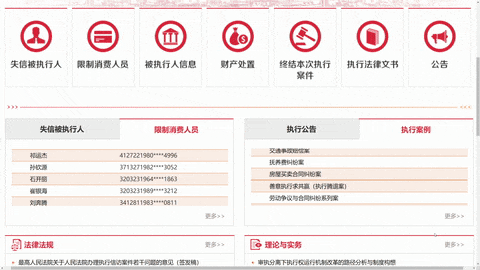
WeChat, the app that does everything
Mini Programs: The apps inside apps that make WeChat so powerful
It may seem like a crude way to get people to pay their court-mandated debts, but researchers say that it seems to be working.
"For whatever purposes or reasons, people are working to remove themselves from this list," said Dev Lewis, fellow at the internet research think tank Digital Asia Hub.
But local governments have also come up with less intrusive ways to modify citizens’ behavior, and this is where comparisons to Black Mirror come in.
Many Chinese cities are piloting their own social credit system apps that include data collected by local governments and the social credit database maintained by the National Development and Reform Commission (NDRC). Many of them award points -- like My Nanjing, Xiamen’s Bailu Points app and Fuzhou’s Moli -- but the rules are often different for different cities and apps. In one city, scores can range from zero to 200, but another city might award up to 1,000 points.
However, Schaefer says that some media-fueled ideas, like people not wanting to date others because they have lower social credit scores, are based on misunderstandings. In reality, apps like these are more similar to loyalty rewards program. A good score can bring perks like jumping ahead in line to get your passport faster, borrowing books from the library without a deposit or getting discounts for public transportation.
"I think they are trying to bring gamification to governments in a small way," said Lewis. "Certain actions get points, and points get you certain benefits."
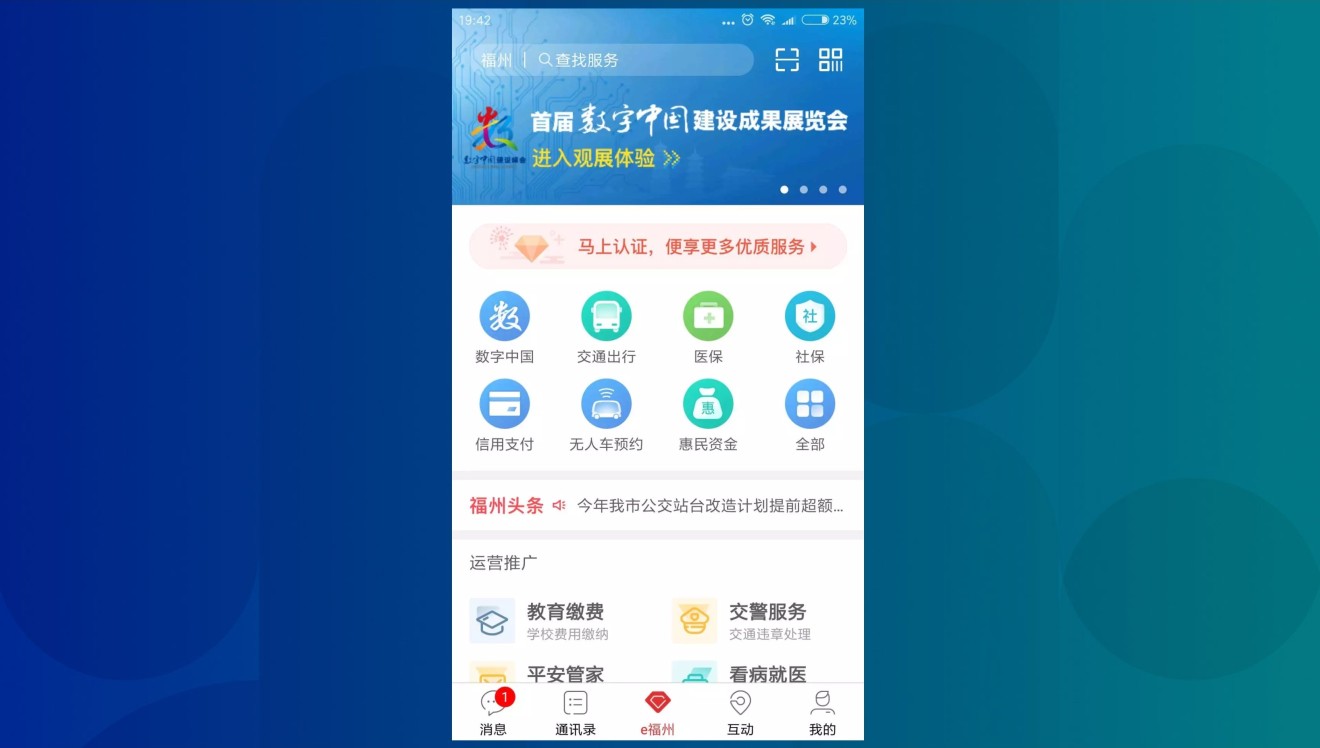
On the other hand, a minor traffic violation could lower your score by 30 points, not paying your employees deducts 100 points, and failing to follow a court order immediately drops your score to zero and lands you on a blacklist. These kinds of systems bring up many questions, including whether there’s a proper way to score a person’s good behavior.
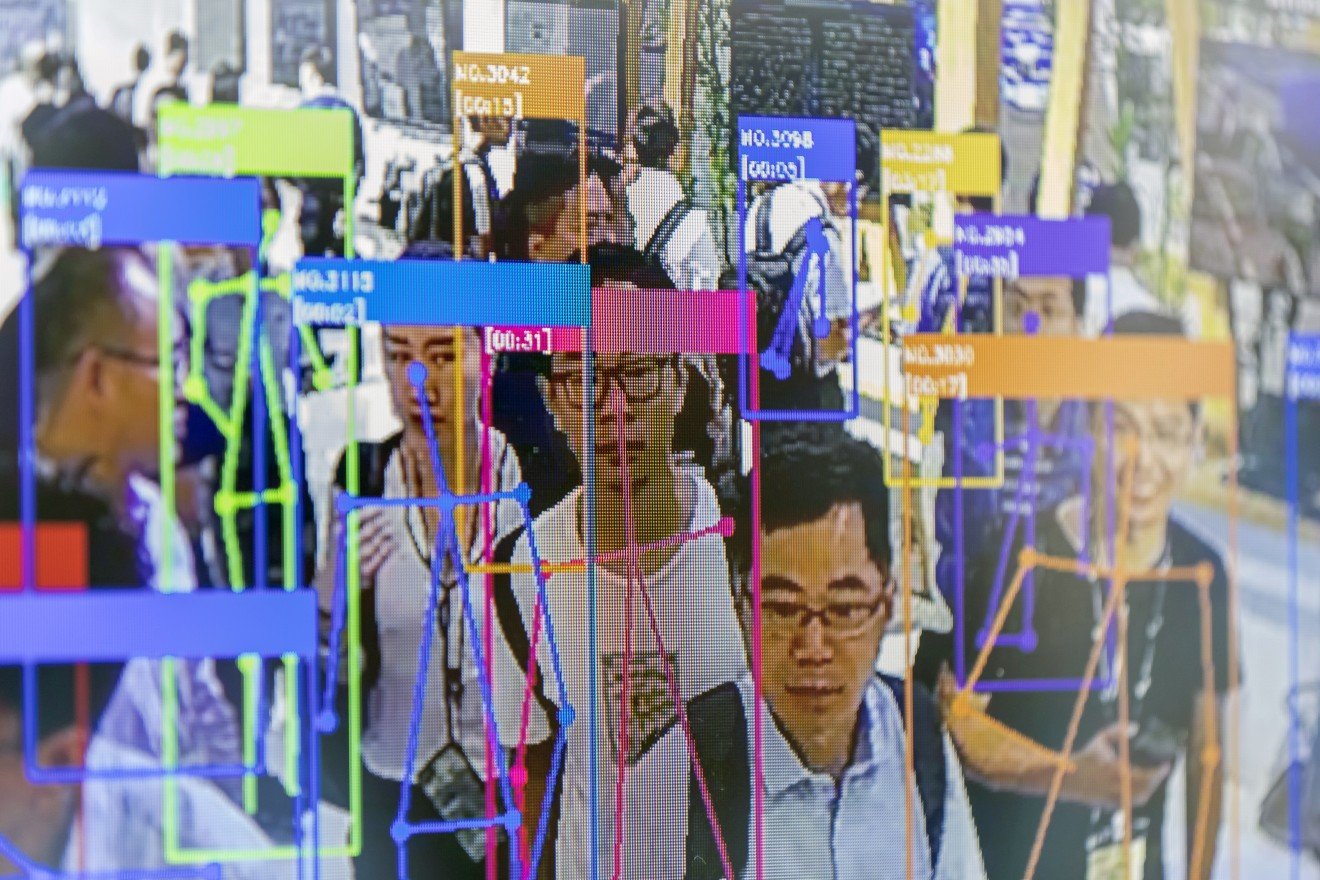
Another fear is that data collection at the heart of the social credit system will eventually include facial recognition from traffic systems, identifying people and their locations in an instant. But despite concerns about high-tech artificial intelligence and facial recognition being applied to social credit, much of the system today boils down to sharing information like driver’s licenses, court records or government awards certifications from one government office to another.
"Right now, the data collection and what's in the central government database is all very low-tech," Schaefer said.
In the future, however, the data within social credit systems could be used in unexpected ways.
"In the future, [social credit scoring apps] may die. People will find that these scores are not really helpful. But you still have the datasets," Lewis said.
Data centers at both the city and national level are doing things that they haven't been able to before, Lewis added. Over time, governments will have more complete and diverse datasets that might lead to interesting applications in digital governance, making people’s lives easier… or more difficult.
For more insights into China tech, sign up for our tech newsletters, subscribe to our Inside China Tech podcast, and download the comprehensive 2019 China Internet Report. Also roam China Tech City, an award-winning interactive digital map at our sister site Abacus.

